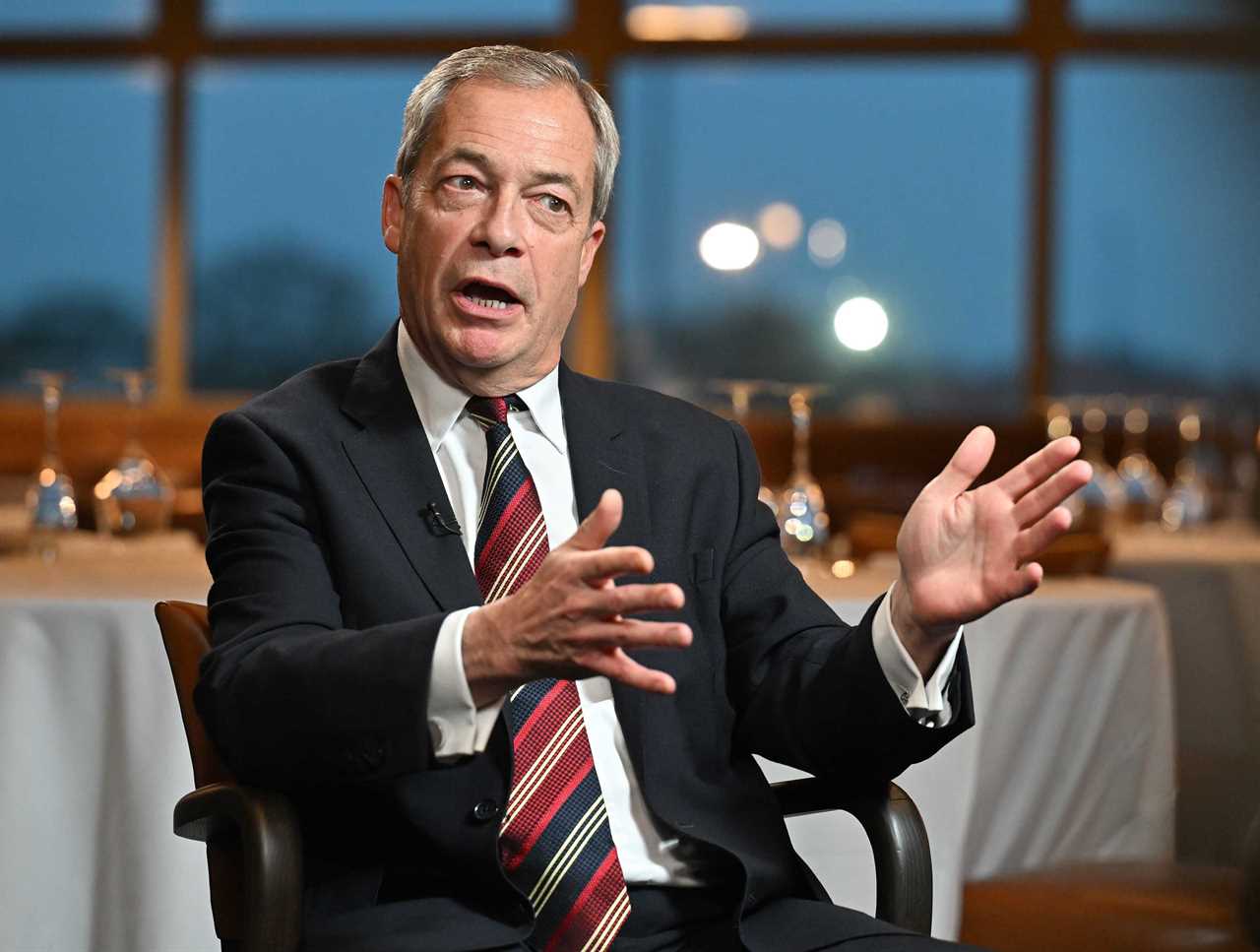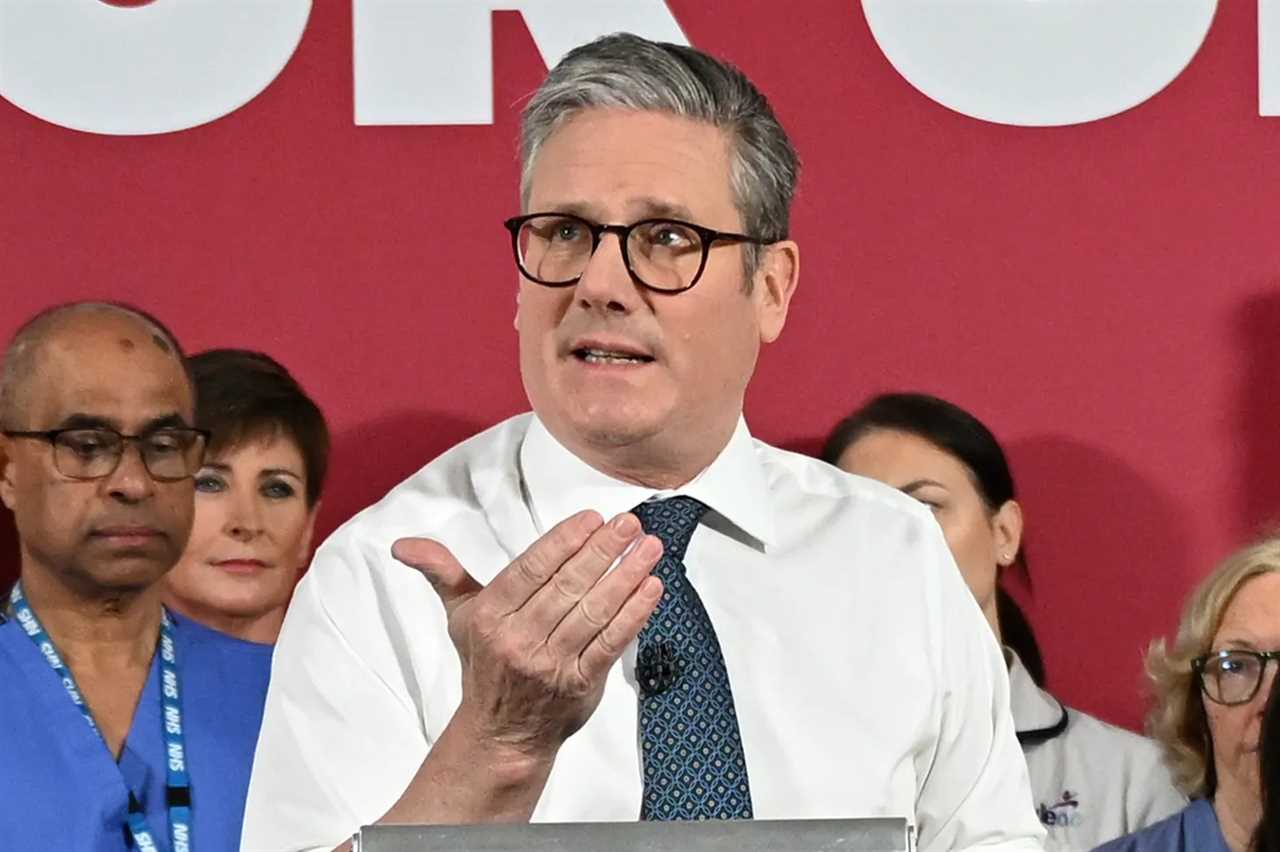
Support for Farage
A recent survey conducted by More In Common discovered that 23% of the British public are endorsing Nigel Farage, the leader of Reform, to succeed Sir Keir Starmer as the next Prime Minister. Interestingly, one in four individuals who supported the Prime Minister in the July general election now express regret over their choice.
Political Landscape
Among those who wish they had voted differently, 28% are currently aligned with Reform, while 20% would have opted for the Liberal Democrats. The polling, commissioned by LBC, indicates that Mr. Farage's growing popularity poses a significant threat to Sir Keir, especially in upcoming elections like the May locals.
Concerns over Immigration
More In Common's survey also highlighted that 62% of Brits believe that Labour is not addressing immigration issues adequately. Only 19% of respondents expressed satisfaction with the government's approach to this crucial matter.
Political Responses
In response to the survey findings, a Labour source emphasized the government's commitment to implementing the Plan for Change and addressing the aftermath of 14 years of Tory governance. While internal party conflicts persist, the Labour Government is focused on driving growth, job creation, financial improvement for citizens, national reconstruction, and NHS recovery.

Recent Controversies
Meanwhile, Prime Minister Sir Keir Starmer is under intense public scrutiny over the handling of child sexual exploitation issues and engaging in a verbal feud with tech mogul Elon Musk. Recently, the PM launched a scathing critique against Musk and Tommy Robinson, proposing legal amendments to hold accountable council and social workers who neglect reporting child abuse incidents.
However, Sir Keir's comments on calls for a new inquiry into the grooming scandal faced backlash, with MPs and victims condemning his remarks as a baseless attack. Former police detective and whistle-blower on grooming gangs, Maggie Oliver, expressed her outrage at being labeled as far-right for seeking justice for victims.
Tory Robert Jenrick joined the criticism, emphasizing that individuals seeking justice for abused girls are not aligned with the far-right and dismissing such categorization as unjust.






